Literary rating: ★★★
Kick-butt quotient: ☆☆½
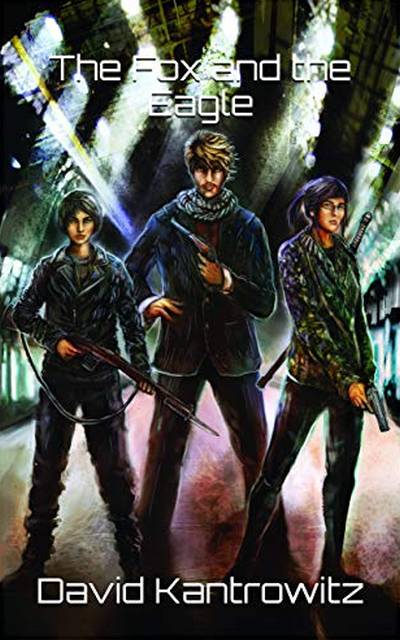 I don’t typically buy fourth books in a series, but didn’t actually realize that was the case here until after I’d finished it. From what I can gather, this is set in the same universe at its predecessors, but introduces a new set of characters. It certainly works well enough as a stand-alone entity, and poses no problems read on its own.
I don’t typically buy fourth books in a series, but didn’t actually realize that was the case here until after I’d finished it. From what I can gather, this is set in the same universe at its predecessors, but introduces a new set of characters. It certainly works well enough as a stand-alone entity, and poses no problems read on its own.
There are really two action heroines here. Evangeline Adeler is a CIA agent, who is investigating a strange series of abductions, when she becomes its latest victim. Turns out these are carried out by the Kira’To, aliens from a nomadic asteroid called the Eagle, hundreds of light years away. Humans are being taken in order to provide “a fresh genetic source” for the Eagle’s inhabitants – inbreeding generally being a bad thing. However, Eva is having none of that, escaping an arranged marriage and winning her freedom after prevailing in a trial by combat. The other heroine is Reveki Kitsune, a teenage girl and farmer’s daughter, who ends up the sole survivor after an attack on her uncle’s spaceship, the Fox, by members of a neo-criminal group called the Syndicate.
Due to this, she inherits the Fox, and meets Eva, who becomes part of the ship’s new crew while looking to find a way back to Earth. Their subsequent adventures take them on a raid to acquire a stash of neptunium, discovering the truth about Vecky’s parentage, and linking up with Tomoyasu, a long-time exile from the Eagle who is seeking to return there in order to stage a coup. The Eagle has a Japanese-based culture, for reasons apparently related to previous injections of abductees from there, This means Tomoyasu can take over if he can beat the current leader in a samurai duel.
It’s a decent slice of space opera, though does get rather confusing during the final battle on the Eagle, where Kantrowitz struggles to keep his multiple balls in the air. At one point, it looked like a major character had been disposed of with a single sentence, though I should have realized from this, that it was a red-herring. Still, he has some occasionally nice turns of phrase. For example, I particularly liked this line: “The pistol made a sound like someone dropped a steel refrigerator full of beer one hundred feet from a helicopter onto a concrete surface.” I was also amused by the way Eva likes to drop Earth culture references, e.g. “Thank you, Doctor House”, which no-one else ever gets.
She’s definitely the most bad-ass of the characters, and I did feel the split focus of the narrative was a bit of a problem. Her story ends up having to share chapters with Vecky’s and Tomoyasu’s, when I’d have preferred to hear more about Eva – as a newcomer to this setting, I’d have been learning about the galaxy at large, along with her. Everything ends in a bit of a cliff-hanger, with the roles reversed: Eva is no longer the only “stranger in a strange land,” and it’s clear that further parts will be arriving. I’m somewhat interested in more, but would welcome a sharper direction on the writing.
Author: David Kantrowitz
Publisher:Kyrie Devonai Publishing, available through Amazon, both as a paperback and an e-book
4 of 4 in the Reckless Faith series.





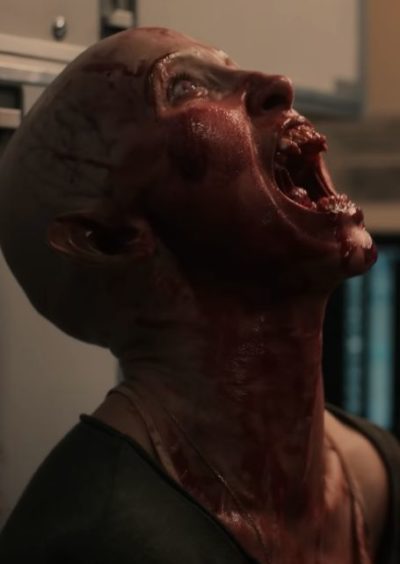
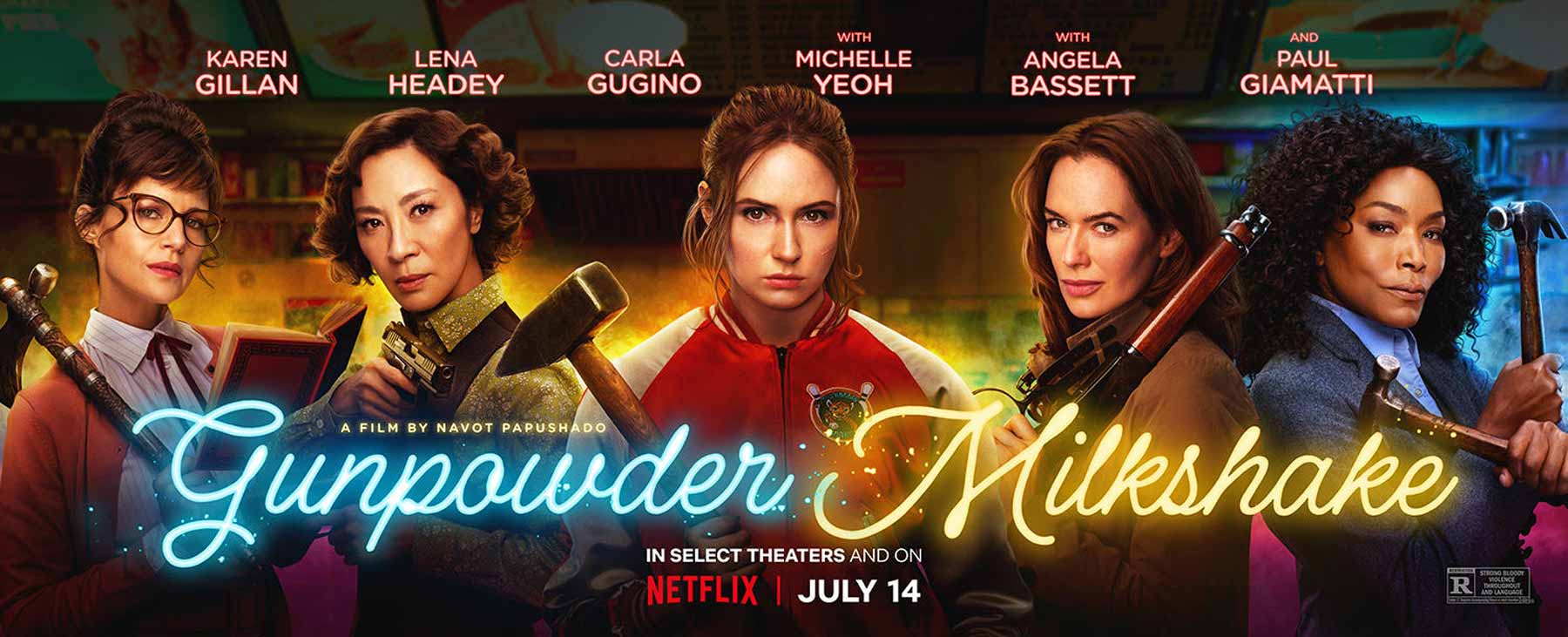 ★★★★
★★★★ Yeah, it’s kinda like that. As in John Wick, the hero(ine) is an assassin for hire, in a world where there exists a significant infrastructure of support for hitmen and hitwomen. After they fall foul of the wrong people, our hero(ine) becomes the target, but has more than enough skills to be able to fend for themselves, and takes the fight to their aggressors. Oh, yeah, and it also borrows significantly from Leon: The Professional, in that the assassin becomes the protector of a young girl. Hmm. But this leverages those two with very large injections of style. Not quite to the level of
Yeah, it’s kinda like that. As in John Wick, the hero(ine) is an assassin for hire, in a world where there exists a significant infrastructure of support for hitmen and hitwomen. After they fall foul of the wrong people, our hero(ine) becomes the target, but has more than enough skills to be able to fend for themselves, and takes the fight to their aggressors. Oh, yeah, and it also borrows significantly from Leon: The Professional, in that the assassin becomes the protector of a young girl. Hmm. But this leverages those two with very large injections of style. Not quite to the level of 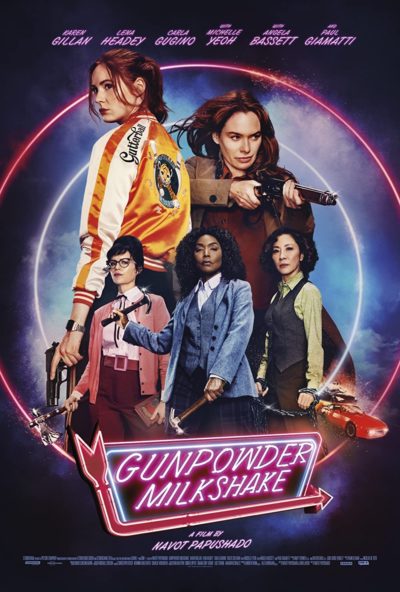 Said protagonist is Sam (Gillan), a killer with abandonment issues ever since her mom (Lena Headey) walked out on her, fifteen years earlier. Sam is tasked by her employer, Nathan (Giamatti), with recovering a haul of stolen cash. But she finds the thief was coerced into action, after his eight-year-old daughter (“8¾!”, as we are reminded on several occasions), Emily, was kidnapped. Likely reminded of her younger self, Sam takes custody of Emily, though the cash is destroyed in the process. This, and a previous job where she killed the son of a very important person, makes her persona non grata, and the hunter becomes the hunted.
Said protagonist is Sam (Gillan), a killer with abandonment issues ever since her mom (Lena Headey) walked out on her, fifteen years earlier. Sam is tasked by her employer, Nathan (Giamatti), with recovering a haul of stolen cash. But she finds the thief was coerced into action, after his eight-year-old daughter (“8¾!”, as we are reminded on several occasions), Emily, was kidnapped. Likely reminded of her younger self, Sam takes custody of Emily, though the cash is destroyed in the process. This, and a previous job where she killed the son of a very important person, makes her persona non grata, and the hunter becomes the hunted.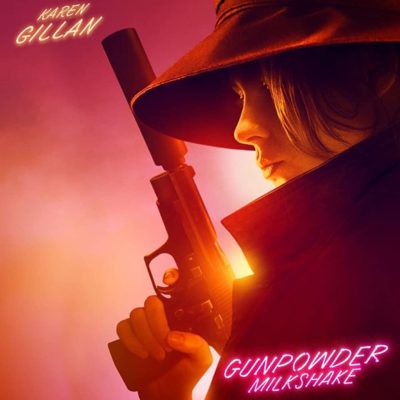 It is notable that the film is split firmly along gender lines. with every one of the protagonists being women, and every one of the antagonists being men. However, it’s fortunate that seem largely to be about the extent of the messaging, and nobody particularly pays attention to this. Everyone is kept quite busy trying to kill each other. It’s also a bit less of an ensemble piece than I expected from the trailer. Especially in the first half, it’s Sam vs. the World, with the Librarians introduced, and then shuffled off to one side until Sam is ultimately forced to turn to them for help. That’s not particularly a criticism. I like Gillan, who was born about 25 miles from where I was, so is likely the nearest I have to a local action heroine. She can carry a film perfectly well, even if I’d rather have heard her natural Scots accent.
It is notable that the film is split firmly along gender lines. with every one of the protagonists being women, and every one of the antagonists being men. However, it’s fortunate that seem largely to be about the extent of the messaging, and nobody particularly pays attention to this. Everyone is kept quite busy trying to kill each other. It’s also a bit less of an ensemble piece than I expected from the trailer. Especially in the first half, it’s Sam vs. the World, with the Librarians introduced, and then shuffled off to one side until Sam is ultimately forced to turn to them for help. That’s not particularly a criticism. I like Gillan, who was born about 25 miles from where I was, so is likely the nearest I have to a local action heroine. She can carry a film perfectly well, even if I’d rather have heard her natural Scots accent.















